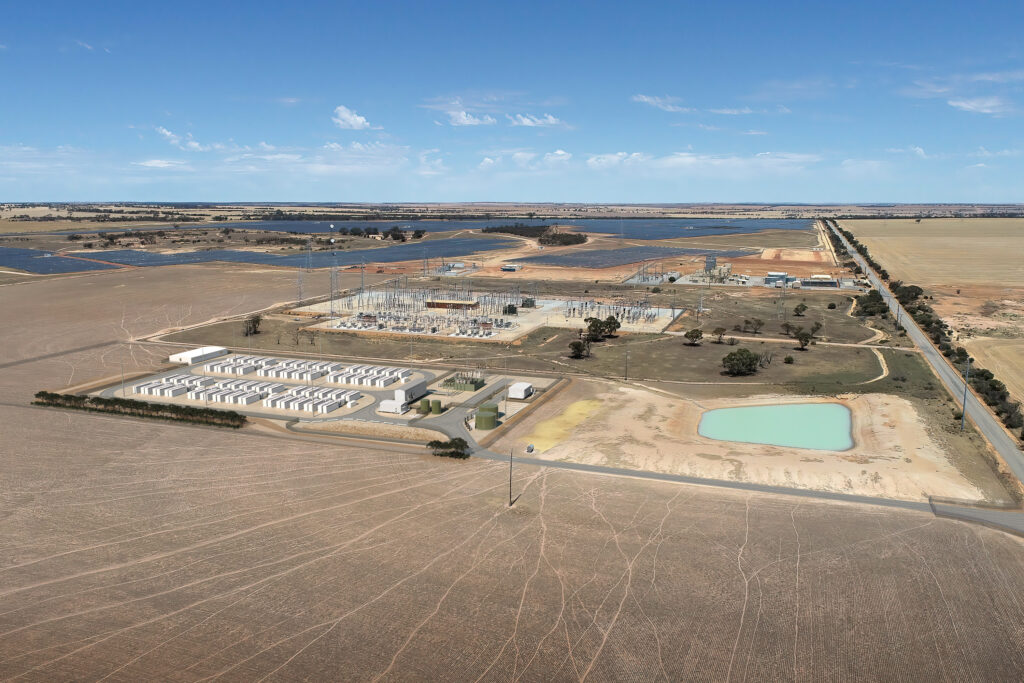Bidders line up for Globalvia sale
OPTrust is set to launch as soon as this month a process to sell its 40% stake in Globalvia, with several infrastructure investors expressing interest “with various degrees of intensity” due to the complexities of the deal.
Investors including GIC, BlackRock, Swiss Life AM and road operators including Abertis are among potential bidders for the stake in the Madrid-headquartered transport group, which owns a mix of road, rail and bus investments globally and has an enterprise value of around EUR 3bn, sources said.
CDPQ, which has been tipped by the Spanish press as a potential bidder, is according to one source to be unlikely to submit an offer for Globalvia, which manages 1,200km of motorways in Spain, Portugal and Ireland, Chile, Colombia and Costa Rica, and also the Pocahontas Parkway in the US.
Malaysian sovereign wealth fund Khazanah Nasional Berhad is also said by two of the sources to be likely to consider an offer for Globalvia, which also owns light rail projects and a minority stake in iryo, Spain’s first private high-speed operator.
In 2015 Khazanah Nasional Berhad won exclusivity to buy Globalvia before OPTrust (40%), PGGM (40%) and USS (20%) exercised pre-emption rights to become the company’s owners.
Swiss Life already has significant exposure to Iberia’s transport sector with its investments in Portugal’s Brisa and, more recently, Spanish road group Itinere, which makes its involvement less certain due to this exposure, one of the sources said.
Toronto-headquartered OPTrust hired RBC last year as M&A advisor to potentially sell its stake in Globalvia, but the process was slowed down as the investor advanced litigation linked to a battle to control Spanish road transport group Itinere. This was eventually settled last October when it agreed to sell its 40% in Itinere to co-shareholder APG.
In 2023, Globalvia recorded an operating profit of EUR 237m, compared with EUR 201m the year before. Revenues surpassed EUR 509m, up from EUR 489m in 2022.
The wide range of assets in its portfolio makes it difficult to make comparisons in terms of multiples for similar transactions, although the planned sale of Kinetic by OPTrust last year was hoped to fetch a roughly 10-11X EBITDA multiple, according to Infralogic.
A buyer will also take a stake in bus service operator Go-Ahead, which Globalvia acquired in 2022 alongside Kinetic, Australia and New Zealand’s largest bus network.
This might cause issues with bidders just looking to buy road concessions. “For someone looking for pure roads exposure the bus business [ie Go-Ahead] is tough, it’s non-core,” said one source.
The Go-Ahead business is likely to require major investments in decarbonization, to replace existing buses with hybrid or electric buses.
A sale of bus business Kinetic, which is also part-owned by OPTrust, was launched last year but suspended in November after bids fell short of expectation. OPTrust and co-owner Foresight have since explored alternatives including selling parts of Kinetic rather than the whole business.
The number of bidders for Globalvia might increase if USS, which owns 20% of Globalvia, ultimately decides to sell its stake too – something which is seen by sources as a possibility.
It would clear a number of governance issues and give buyers certainty about control of the business. “It would mean that a majority is up for grabs, and this could widen the number of bidders,” according to one of the sources.
If that happens, industrial groups like Ferrovial and Abertis might show interest, the latter in particular due the need to replace expired or expiring concessions with new assets, the sources said.
Sources have described the deal as largely “attractive” for infrastructure players, although some have pointed to its complexities.
One is linked to the wide and diverse portfolio of assets owned by Globalvia, which include concession-based assets but also stakes in bus and train operators. The various businesses are seen as very different asset classes with different risk profiles, and “the minute you mix the risk profiles then the buyer universe shrinks,” said one source.
This source also said that seeing Globalvia as a “growth platform” would also not be correct, due to the presence of many established road concessionaires who could compete for road concessions globally.
According to sources, the presence of assets in Latin America also adds a layer of uncertainty, as many European investors would be unable to get involved, due to their OECD-focused mandates. “Very few players can be global,” one source said.
In this respect, the sale show some similarities with the planned sale later this year of a minority stake in Sacyr Concessions, which has significant exposure to Latin America, although its portfolio comprises only concessions.
Selling a majority would make the deal quite attractive to some investors, but it would also require “a very large ticket” thus limiting the number of potential buyers, said one source.
“This is not a sale for everyone, you need to have deep pockets,” added another, saying that many infrastructure investors might decide to stay away from the process, or consider forming consortia.
Another uncertainty is about the position of PGGM, as the Dutch pension fund manager has preemption rights and might consider exercising them if these have not been waived, the sources said.
Last year, Globalvia appointed Marieta del Rivero as new chairperson to replace longstanding chairman Juan Bejar, who decided not to run for re-election at the end of his latest six-year term. The company is also run by Javier Perez as CEO, who took over that role from Bejar in 2013, but remained as chairman.
OPTrust, PGGM, USS, Globalvia, CDPQ, Ferrovial and GIC declined to comment on the deal. Abertis, Swiss Life, Blackrock and Khazanah did not respond to requests for comment.










